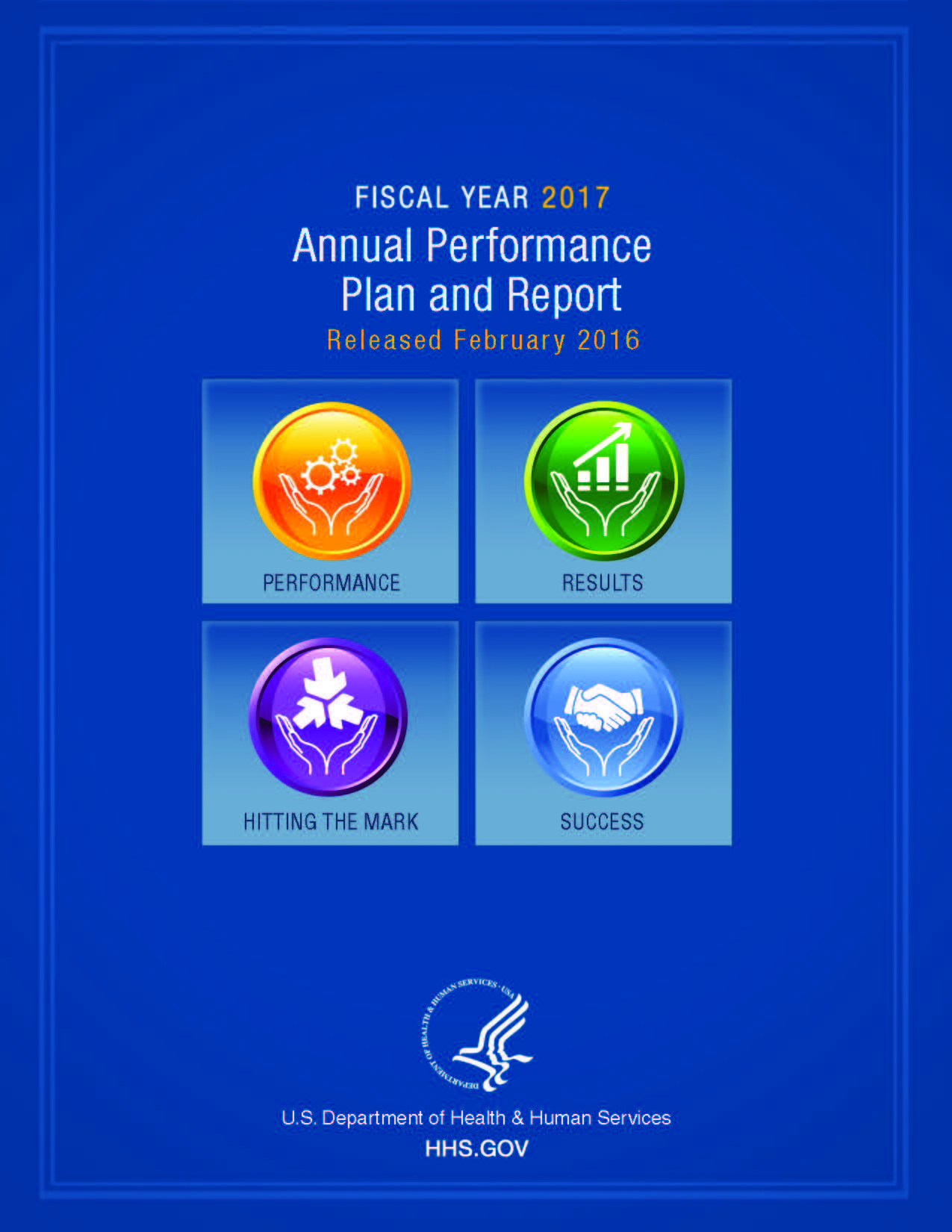- Home
- Agencies
- Department of Agriculture
- Department of Housing and Urban Development
- General Services Administration
- Department of Commerce
- Department of the Interior
- National Aeronautics and Space Administration
- Department of Defense
- Department of Justice
- National Science Foundation
- Department of Education
- Department of Labor
- Office of Personnel Management
- Department of Energy
- Department of State
- Small Business Administration
- Environmental Protection Agency
- Department of Transportation
- Social Security Administration
- Department of Health and Human Services
- Department of the Treasury
- U.S. Agency for International Development
- Department of Homeland Security
- Department of Veterans Affairs
- Goals
- Initiatives
- Programs
Primary tabs
Strategic Objective
Accelerate the process of scientific discovery to improve health
Strategic Objective
Overview
Continuing to improve the health and well-being of Americans requires HHS investments, ranging from improving its understanding of fundamental biological processes to identifying the best modes of prevention and treatment. HHS is accelerating movement along the pipeline from scientific discovery to more effective patient care to improve the health of Americans.
Progress Update
Please note that this section summarizes the result of the FY 2014 HHS Strategic Review process, limiting the scope of content to that available prior to spring of 2015. Due to this constraint, the following may not be the most current information available.
Conclusion: Noteworthy Progress
Analysis: Significant scientific progress has been achieved by the Department and its Divisions. Accomplishments in 2014 included Ebola research. The Ebola outbreak that began in 2014 in West Africa is the largest such outbreak in history. More than 20,000 cases and almost 8,000 deaths were reported by the end of the year. Scientists used genomic sequencing technologies to identify the origin and track transmission of the Ebola virus. Research intensified efforts to develop a protective vaccine. A clinical trial to assess two experimental vaccines to prevent Ebola virus infection opened to volunteers in Liberia.
Sickle cell disease in adults was reversed by stem cell transplants. Sickle cell is an inherited blood disorder that affects more than 90,000 Americans. In 2014 researchers successfully treated adults using a modified stem cell transplant approach that does not require extensive immune-suppressing drugs. A drug candidate to treat Sickle Cell that was developed in part by HHS researchers was acquired by Baxter International’s BioScience business for further clinical development. The compound is the first specifically developed to target the underlying molecular mechanism of sickle cell disease.
Paralyzed men regain movement with spinal stimulation. Four young men paralyzed below the chest because of spinal cord injuries were able to regain control of some movement after receiving an experimental spinal stimulation therapy. The fact that all 4 patients were able to regain voluntary movement suggests that a large number of patients with paralysis might benefit from spinal stimulation.
Another indicator of scientific accomplishment is the award of the Nobel Prize. An HHS grantee, Dr. William E. Moerner, shared the Nobel Prize in Chemistry for work on optical microscopy that enable scientist to visualize structures in living cells beyond the resolution of conventional light microscopy.
HHS is exploring opportunities to strengthen health disparities research efforts including using community-based participatory research (CBPR). The implementation of CBPR projects requires building strong relationships between academic institutions and community partners. It can take considerable time and effort, and progress is difficult to measure. A key need in health disparities research is the necessity of consistent measurement tools. Non-standardized methodologies for measuring differences between and within populations make it very challenging to compare across population and studies to measure progress to reduce health disparities. The current health environment emphasizes team based care which can include health care practitioners who are geographically dispersed. The training and development needs of these “virtual teams” could benefit from further discussion.
Currently being evaluated by HHS, the implementation of a single institutional review board (IRB) for multi-site research has the potential to enhance and streamline the process of IRB review and reduce inefficiencies so that research can proceed efficiently without compromising protections. The Department is developing a Priority Goal related to Combating Antibiotic-Resistant Bacteria. The Accelerating Medicines Partnership is exploring the utility of tau imaging and fluid biomarkers for tracking responsiveness to treatment and/or disease progress in Alzheimer’s disease in three large ongoing clinical trials.








